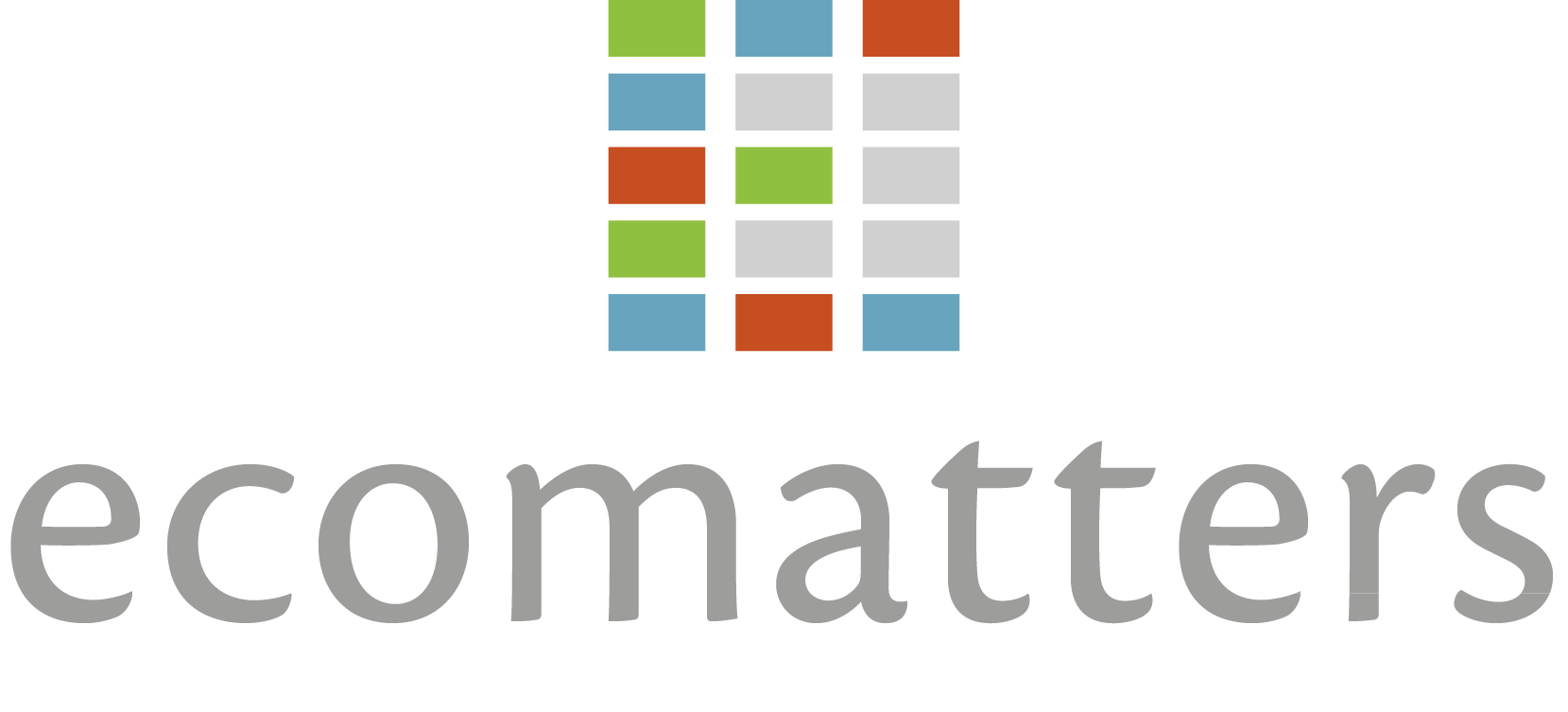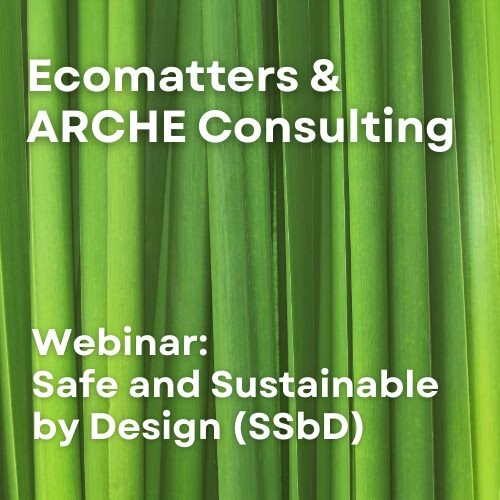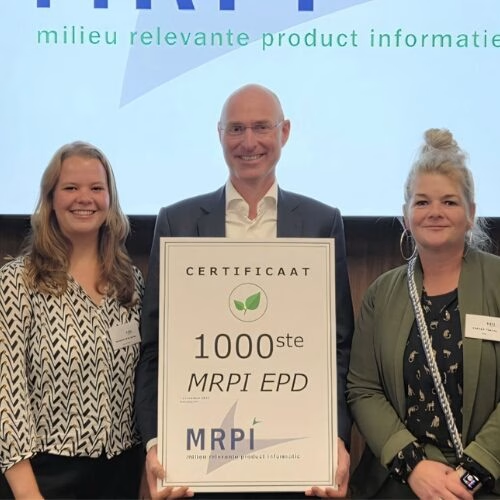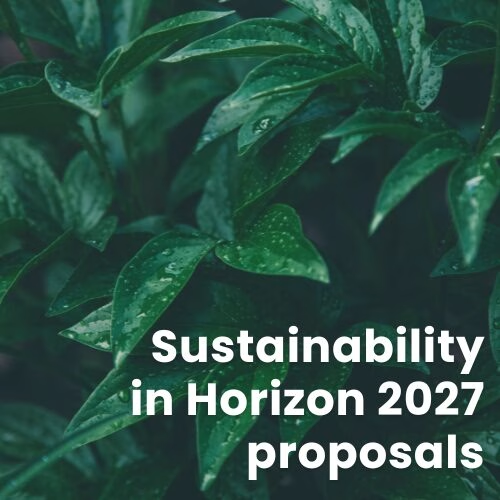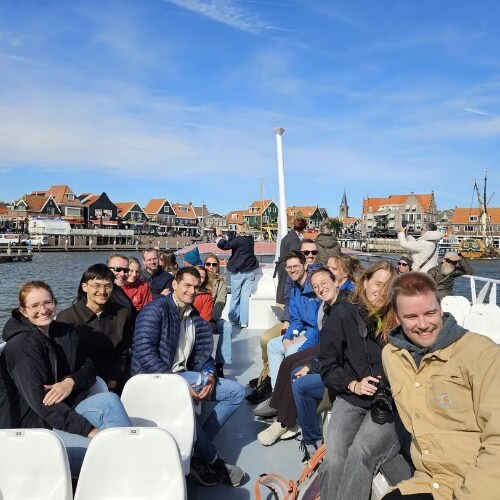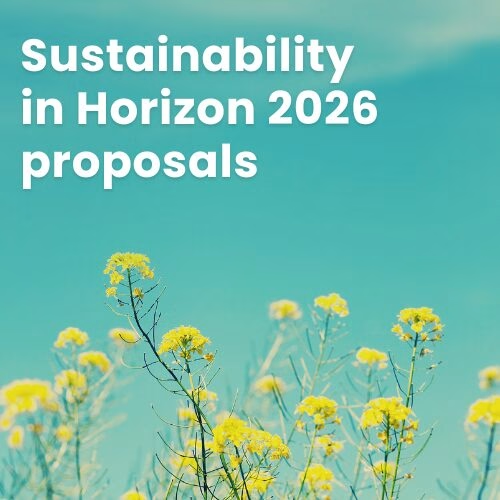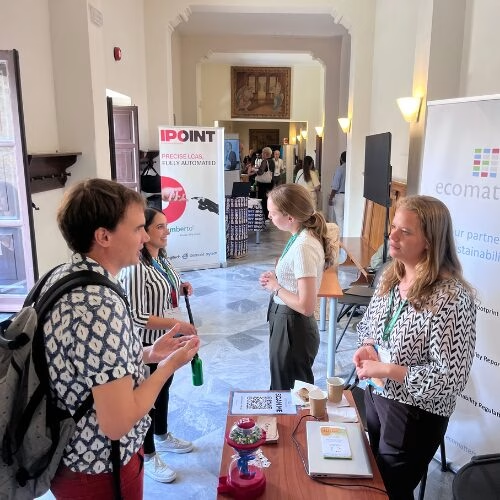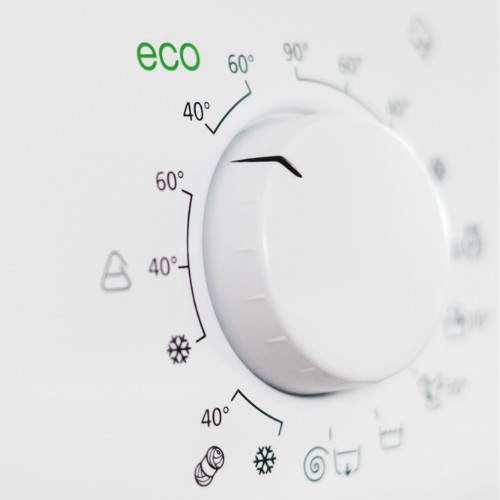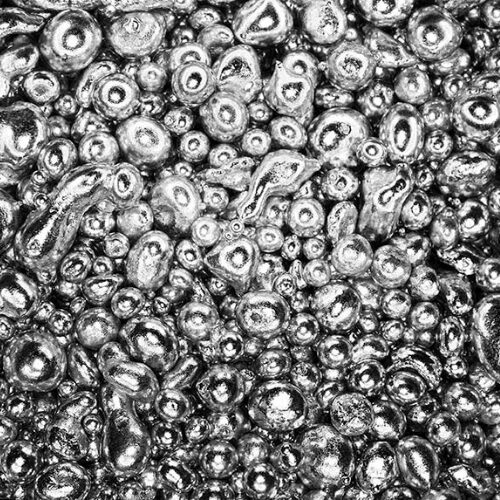The European Union introduced the Environmental Footprint methods (EF methods) in 2013 to standardise the quantification of environmental impact across Europe. Within this, both methods for Product Environmental Footprints (PEF) and Organisational Environmental Footprints (OEF) were developed. At Ecomatters, we work closely with the PEF methodology. In this article we summarise the current status of PEF and how we expect this to develop in the future.
An introduction to PEF
The PEF method provides a standardised guideline for measuring the environmental performance of a product. Based on Life Cycle Assessment (LCA), the PEF method allows users to determine and report on the impact of a product at every life cycle stage using scientific tools and rules. The results can then be used to substantiate environmental claims, improving transparency with consumers and avoiding green washing.
To facilitate consistent PEF reporting within industries, rules for similar products have been developed. These are called PEF Category Rules (PEFCR) and are developed by industry associations or market organisations. Currently, PEFCRs for several products, such as cut flowers and potted plants, and synthetic turf, have been developed. Ecomatters has been involved in the development and review of multiple PEFCRs and is currently involved in the development of the PEFCR for Space.
The current status of PEF
Following its pilot from 2012 to 2019, the PEF method moved into a transitional period which is due to close by 2025. Within the transitional period, efforts have been made to bring PEF to the mainstream, incorporate the PEF methodology into EU policy, and develop PEFCRs and EF compliant datasets. An example of this is the recommendation of PEF as the preferred method for quantifying environmental impact within the adopted Proposal for a Directive on Substantiation and Communication of Explicit Environmental Claims (EU Green Claims directive).
Currently, 3,200 datasets are in development as part of the EF 4.0 project which are expected to become available for use in 2026. At this time, EF datasets are free to use for those conducting a PEF study, however there is potential for these datasets to become free for use to all in the future. At Ecomatters, we are working as part of a consortium responsible for the development of EF-compliant datasets for the PEFCR for the European space industry.
Over the summer, the European Union also launched a new section of their website dedicated to the EF methods. Here the EF methodology and current developments within PEF are detailed.
The future of PEF
In the long term, it is hoped that PEF will become a widely adopted standard, allowing for clear and consistent environmental product information and promoting a more sustainable market. PEF-compliant studies are gradually becoming the standard method for impact calculations in EU regulatory frameworks. It is also expected that the methodology could be integrated into ecolabelling schemes, such as the EU Ecolabel. This would allow consumers to make more informed purchasing decisions.
For the PEF method to achieve widespread implementation, the sector-specific rules (PEFCR development) must be developed. Ecomatters is actively supporting multiple sectors with PEF studies and assisting with PEFCR development. This includes helping companies with the evaluation of the environmental footprint of their products when executed in compliance with the PEF method. By providing this support, we enable companies to better understand the potential impact of the PEF method and its associated policies. Additionally, it equips companies with the knowledge to engage effectively with policymakers and legislators as informed and proactive stakeholders in the conversation surrounding the PEF.
Ecomatters support
If you would like to discuss working with Ecomatters on PEF studies or PEFCR, plan a free consultation call with our experts. We can also help you to understand how PEF impacts your business.
